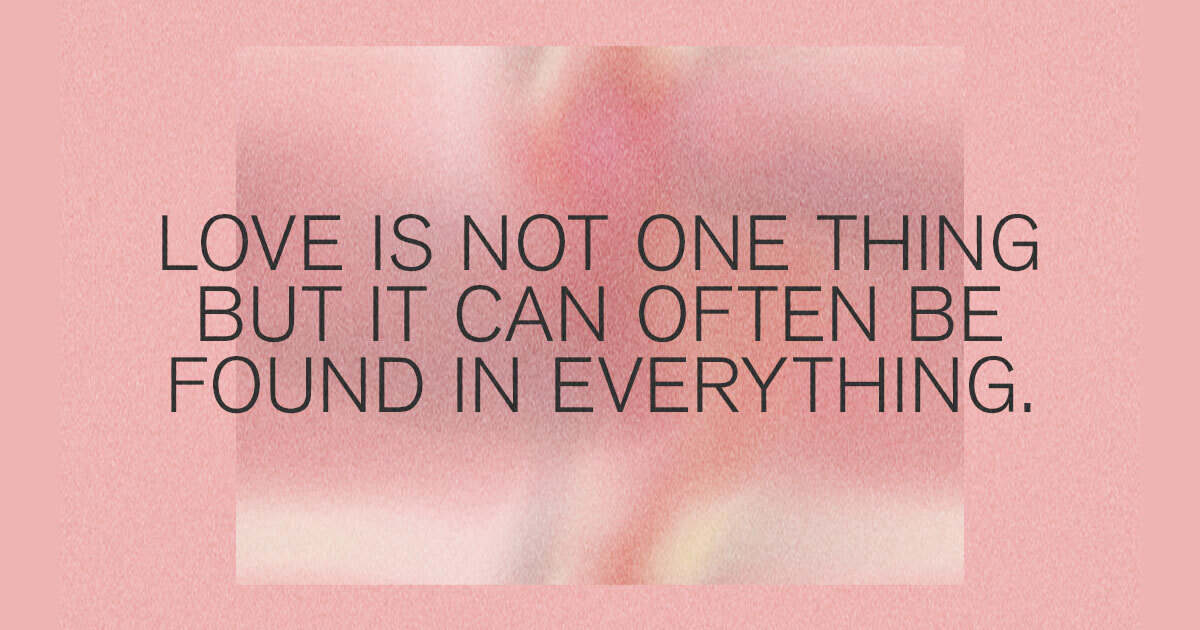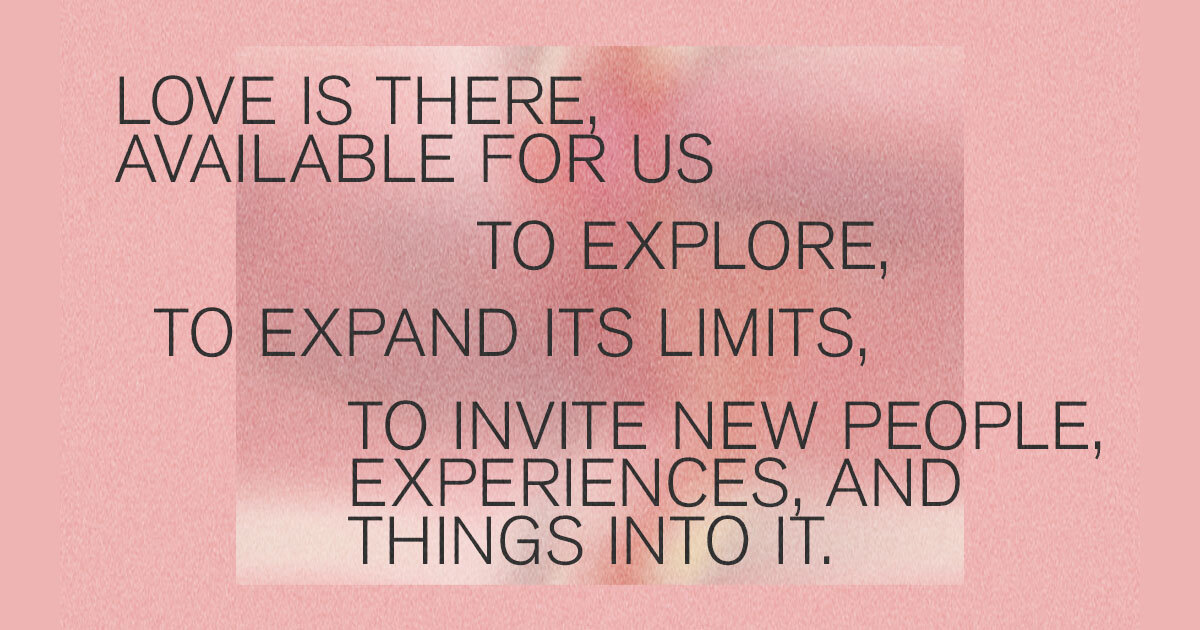Love is ever-changing.
Our ideas of what love looks like and can look like are far from stagnant. They grow, they adapt, they evolve.
There’s romantic love, self-love, platonic love, the love we have for our siblings, parents, children, neighbors, pets, and even the empathetic love that arises for someone we’ve never met face to face.
There’s no doubt our idea of love and how it’s conveyed, displayed, or even impacted has been altered a great deal over the course of the last year.

As a collective, we’ve sorted out how to love people from afar, to show our affection without physical embrace.
We’ve had to give up some of the things we love doing: going to the movies, sharing a meal at a restaurant, attending plays and musicals, traveling to see people and new spaces, or standing in a crowded venue amongst thousands for a live concert.
We’ve sacrificed what we’ve come to know as “normal” in order to love our families, our friends, and our neighbors by keeping them safe.
In the midst of those changes, we’ve had to grieve for love too.
We’ve grieved lost chances at love because long-distance was pushed to its boundaries and got even more distant.
We’ve grieved for love unmet or simply not returned in the way we had hoped.
We’ve grieved the loss of those who have died, young and old, those we loved.
And we’ve grieved alone or at least without the comfort an immediate presence of support can provide.
Still, mixed in and existing within the solid weight of our heartbreak and grief, there is love.
Perhaps it’s different, new, or confusing. Yet, love is there, available for us to explore, to expand its limits, to invite new people, experiences, and things into it.

Love is not one thing but it can often be found in everything. In the way you show your body care through both movement and rest. In the way you mail a card to a friend as a tangible way to say “hello” and “I miss you.” In the way you make a meal for your grandparent even if you can’t share it with them.
The ways in which we expressed our sympathy and showed our concern for others a year ago is not necessarily wrong or better. It’s just different. And love, although rarely perfect, is what guides us to believe and acknowledge that good things have happened, are happening, and will continue to happen, so long as we don’t lose sight of it.
Change is difficult. It activates our fears and our worries. It tells us to resist, even if the change is needed and necessary. It tries to convince us that what we once had will always be better than what’s ahead. But who can really say that’s true? We ourselves are no longer the same from one moment to the next. We adjust, we learn, we dream new dreams, and we discover even better outcomes than we initially imagined. And throughout all of those varying surprises—pleasant and discouraging—love is still there in all of its forms.
You were made to love and be loved.
Join us this Sunday (February 14) for our 14th Annual Valentine’s Day Doesn’t Have to Suck event. This year we’re throwing a virtual party and you’re invited! Get all the details here.